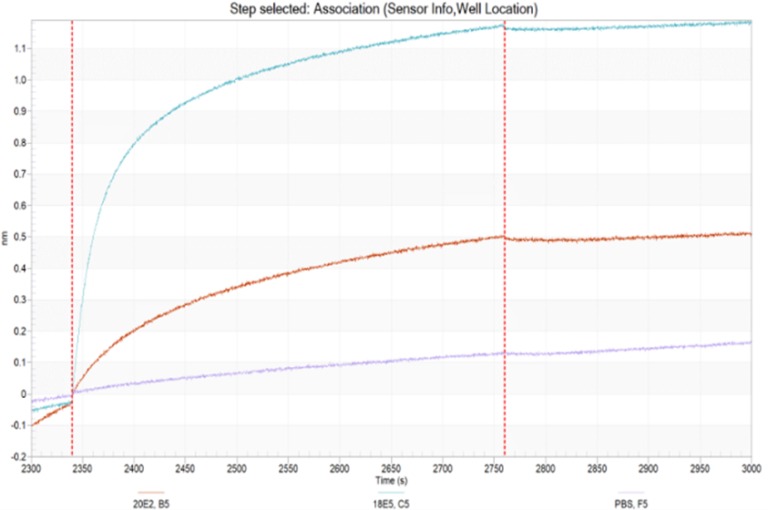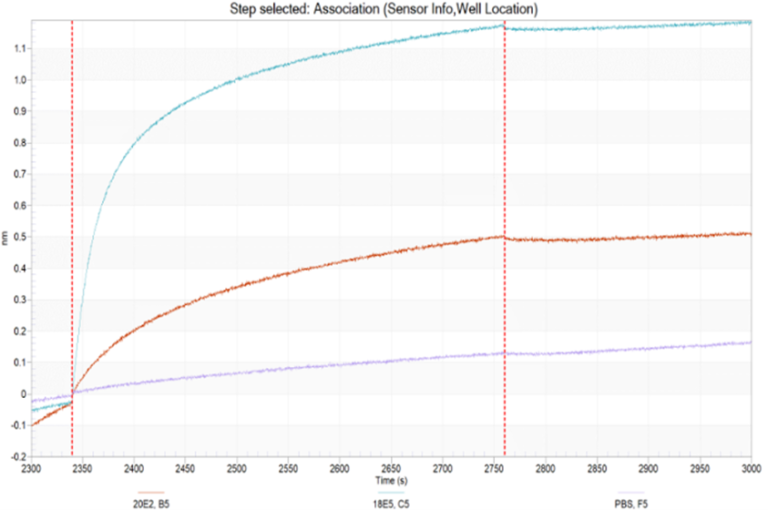The Basics of Antibody Structure
To understand anti-idiotype antibodies, it’s essential to first grasp the basics of antibody structure. Antibodies, or immunoglobulins, are Y-shaped proteins produced by B cells. They consist of two identical heavy chains and two identical light chains, forming variable (V) and constant (C) regions. The variable region is responsible for antigen binding and is unique to each antibody, determining its specificity. This unique region, known as the idiotype, is the target for anti-idiotype antibodies.
Defining Anti-Idiotype Antibodies
Anti-idiotype antibodies are antibodies that specifically bind to the idiotype of another antibody. Essentially, they recognize and bind to the antigen-binding sites of other antibodies, acting as an internal regulatory mechanism within the immune system. Anti Idiotype This interaction forms part of a network theory proposed by immunologist Niels Jerne, suggesting that the immune system is regulated by a network of idiotypes and anti-idiotypes, maintaining a balance and preventing overreaction.
Types of Anti-Idiotype Antibodies
Anti-idiotype antibodies can be classified into three types:
Ab1: These are the primary antibodies that bind to the antigen.
Ab2: These are anti-idiotype antibodies that recognize the idiotype of Ab1.
Ab3: These are antibodies that recognize the idiotype of Ab2, often mimicking the original antigen structurally.
Functional Significance
Anti-idiotype antibodies play several crucial roles in the immune system:
Regulation of Immune Responses: By binding to the idiotypes of other antibodies, anti-idiotype antibodies can downregulate or modulate immune responses, preventing excessive or prolonged activity that could lead to autoimmune diseases.
Mimicking Antigens: Ab2 antibodies can mimic the structure of the original antigen, effectively acting as a surrogate. Anti Idiotype Antibodies This has significant implications for vaccine development, as these antibodies can be used to stimulate an immune response without the presence of the actual pathogen.
Maintaining Homeostasis: The idiotype-anti-idiotype network helps maintain immune system homeostasis by providing checks and balances. This dynamic interaction ensures that the production and activity of antibodies remain controlled and appropriate to the body's needs.
Clinical Applications
The unique properties of anti-idiotype antibodies have opened avenues for various clinical applications:
Cancer Therapy: Anti-idiotype antibodies can be designed to target tumor-specific idiotypes, providing a personalized approach to cancer immunotherapy. This strategy can help in identifying and eliminating cancer cells more effectively.
Autoimmune Disease Management: By modulating the activity of harmful antibodies, anti-idiotype therapies offer potential treatments for autoimmune conditions such as rheumatoid arthritis and lupus.
Vaccine Development: Utilizing anti-idiotype antibodies that mimic pathogens can lead to the creation of novel vaccines. These vaccines can elicit strong immune responses without the risk of infection, proving especially useful for diseases where traditional vaccine approaches are challenging.






Comments